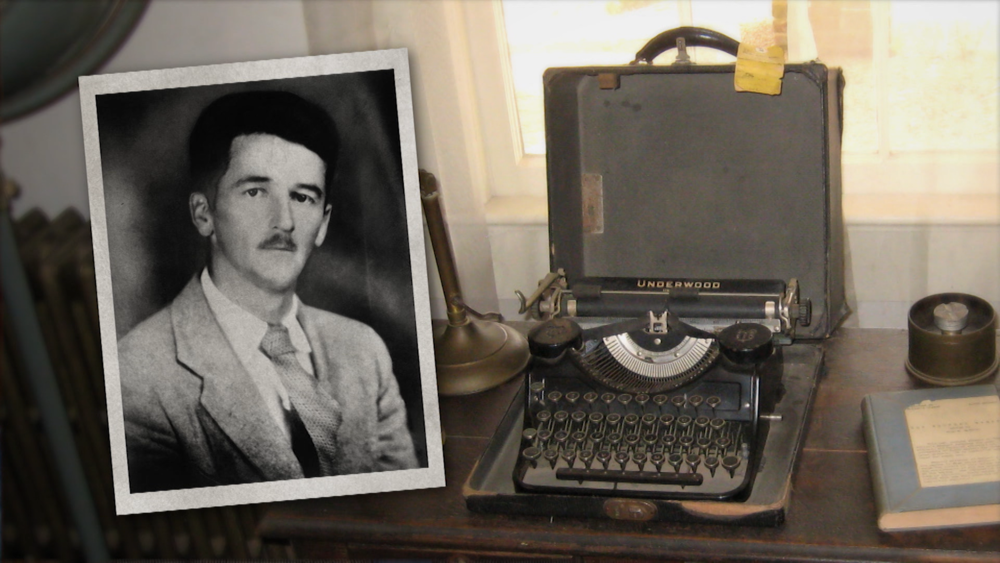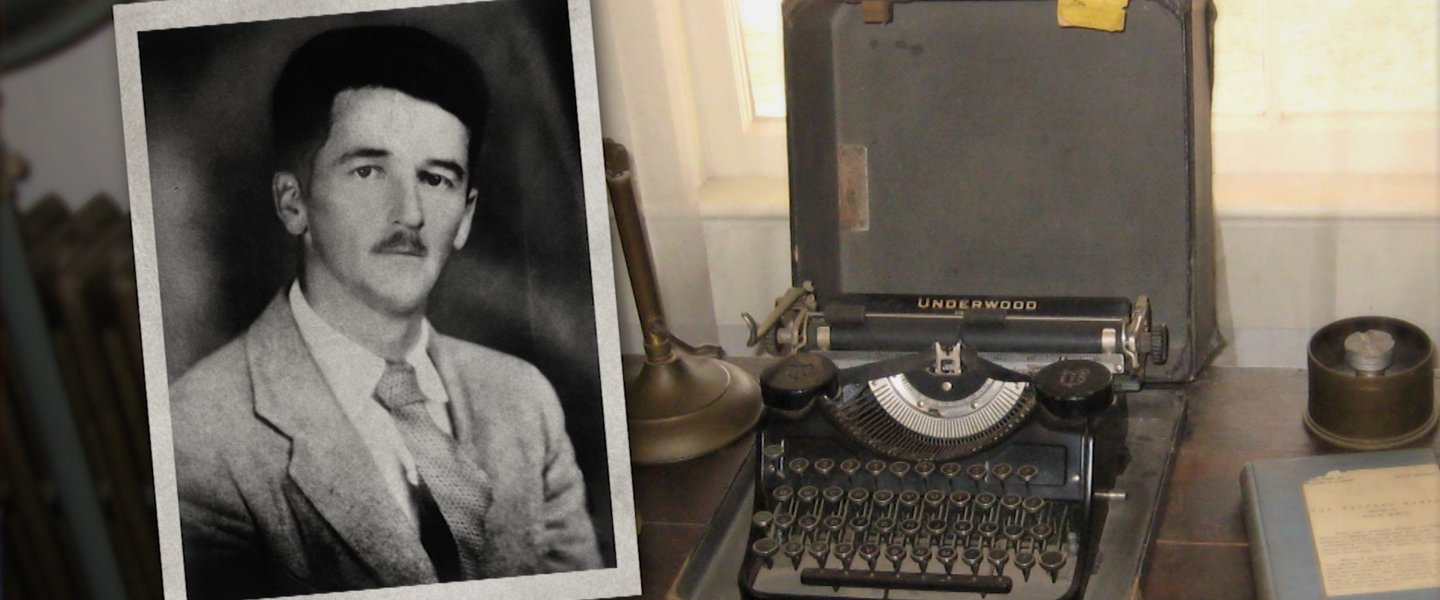
Section Branding
Header Content
How To Tell A Story
Primary Content
Many of us could look back at our lives and be astonished at how much time we had spent reading. Hours. Weeks. Even years, for some of us. But fewer people set out to write a story that others might want to read. Our resident Southern storyteller, Salvation South editor Chuck Reece, is here with a few tips to help you give writing a try.

TRANSCRIPT:
Every Friday, I come into this studio and tell y’all a little story. But today, I’m going to tell you how to write a story. Now, I don’t have time for the detailed instructions. But I can give you three good tips.
Number one: Use plain language.
When people write about something they care a lot about, they can get all tied up in knots. And often, they’ll try to cram everything they feel in their heart into a single sentence. The result will be a sentence with a hundred words in it. Nobody wants to read a hundred-word sentence unless they’re reading William Faulkner.
So, when somebody does that, I pull out the oldest editor’s trick in the book. I look them in the eye and ask, “When you wrote that, what were you trying to say?” They will answer, usually in more than one sentence, and I will reply, “Then write that down.”
Number two: Listen for the music.
Sometimes, when you’re reading a book, you come upon a sentence that just sounds like music. No notes, no melody, just words on a page. But they sound magically musical. A splendid specimen is the last sentence of The Great Gatsby by F. Scott Fitzgerald. I know Fitzgerald wasn’t Southern, but his wife Zelda was from Montgomery, Ala., so y’all cut me some slack here.
Anyway, here’s that sentence:
So we beat on, boats against the current, borne back ceaselessly into the past.
That sentence is memorable because it’s musical. It uses a technique that songwriters and poets have used since songs and poems were invented: a string of words that start with the same letter. Beat. Boats. Borne. Back.
You can do this at home, kids. Give it a go.
And finally: Don’t be afraid to repeat yourself.
For this, let’s turn to the aforementioned William Faulkner. Now, Old Bill did write great sentences with fewer than a hundred words. An example is the five sentences — only 44 words total — that end his novel Absalom, Absalom! The book is about a young man from Mississippi named Quentin Compson, who is deeply troubled about the history of his home state. And his college roommate at Harvard finally asks him why he hates the South.
“I dont hate it,” Quentin said, quickly, at once, immediately; “I dont hate it,” he said. I dont hate it he thought, panting in the cold air, the iron New England dark: I dont. I dont! I dont hate it! I dont hate it!”
Seven times, he says it. And we come away thinking that maybe, Quentin actually does hate the South. And that, folks, is some good storytelling.
If you think maybe you’d like to take these three notions home and write your own Southern story, just come to Salvation South.com and hit the “Submit” button. We’d love to give it a read.
Salvation South editor Chuck Reece comments on Southern culture and values in a weekly segment that airs Fridays at 7:45 a.m. during Morning Edition and 4:44 p.m. during All Things Considered on GPB Radio. You can also find them here at GPB.org/Salvation-South and please download and subscribe on your favorite podcast platform as well.







